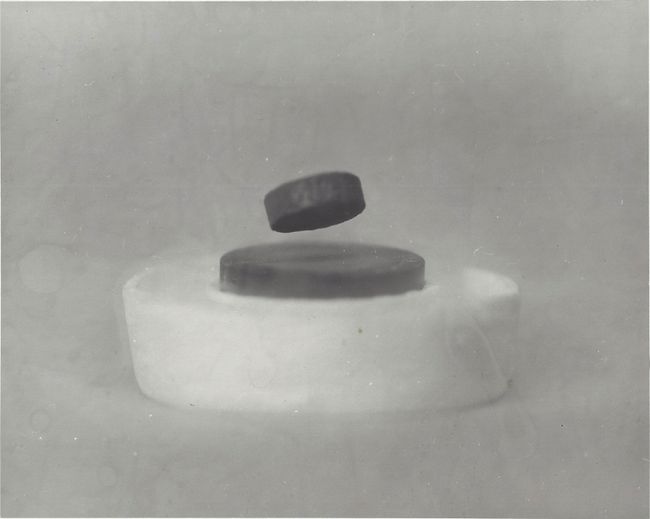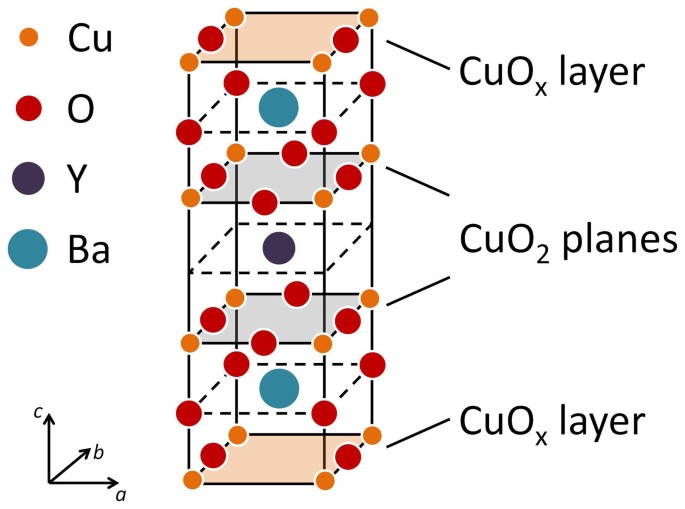High Temperature Superconductivity
In the summer of 2023, the Hyatt Research Group established Adelphi University’s first materials science research initiative on high temperature superconductivity. Together we constructed a laboratory with the necessary equipment to synthesize and test different superconducting materials. We balance a workflow of computational theory for materials discovery with experimental materials synthesis.
What is a superconductor?
Superconductors are materials that exhibit the rare phenomenon of having zero electrical resistance. These materials present the opportunity to revolutionize energy and transportation all around the globe. However, due to the certain conditions required to maintain this state of superconductivity, such as low temperatures or high pressures (see image below, YBCO at 77K), their use in practical applications is limited. Therefore, the discovery of a high-temperature, ambient-pressure superconductor could fundamentally improve all aspects of life for everyone in the world. Beginning in the summer of 2023, the Hyatt Research Group has launched a materials initiative to advance this research, developing a research laboratory for synthesis and testing, as well as state-of-the-art computational resources in artificial intelligence and machine learning to discover new superconducting compounds.

Our work
Initially, we began our experimental work with YBCO (see pellet above, crystal structure below), the first material to be discovered as superconducting above the boiling point of liquid nitrogen, utilizing our existing equipment for synthesis and analysis. This foundational research yielded promising results in the form of many successful batches. Building on this success, we are eager to expand our investigations into new superconducting materials, where we plan and predict outcomes through our computational workflow.

Traditionally, superconductor research has relied heavily on trial-and-error experimentation, since there lacks a comprehensive theory to consistently predict this phenomnenon in materials. However, with recent advances in artificial intelligence, the bulk of this stochastic effort can be supplanted with carefully written algorithms and informative data. We see the value in this opportunity to leverage existing materials data for the discovery of superconducting compounds, and are actively pursuing ways to make this happen. Our computational work heavily relies on existing materials datasets. While extensive open-source databases do exist, we continually seek new data to enhance our discoveries.
We welcome collaboration with other universities and institutions that see the promise of research in superconductivity, and wish to contribute to our ongoing projects.
For more information, or to collaborate, reach out to us on our contact page. Additionally, reach out to the lead undergraduate researcher on this project, Edward Jansen, at:
edwardjansen@mail.adelphi.edu.